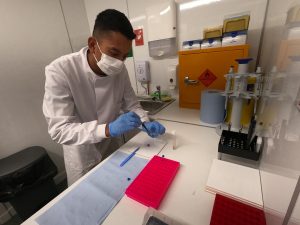
Introducing the RZSS WildGenes Biobank
Go behind the scenes of the recent launched RZSS Wildgenes Biobank with CryoArks Biobanking Research Fellow Dr Gill Murray-Dickson.

Go behind the scenes of the recent launched RZSS Wildgenes Biobank with CryoArks Biobanking Research Fellow Dr Gill Murray-Dickson.
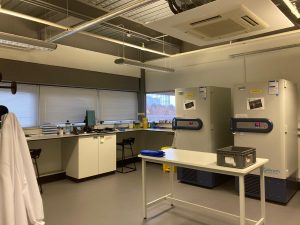
The Royal Zoological Society of Scotland (RZSS) and National Museums Scotland have just announced the launch of their biobank facilities. Find out more about how they are working with other CryoArks partners to establish the UK’s first national zoological biobank.
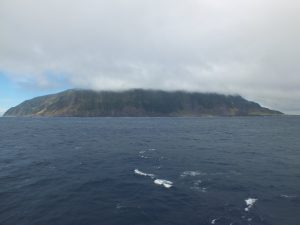
A new Marine Protection Zone (MPZ) was announced on the 13th November by the government of Tristan da Cunha. This wildlife sanctuary will cover nearly 700,000 square kilometres off the coast of the most remote inhabited island on Earth. Find out how the work carried by CryoArks staff and other organisations ultimately contributed to this decision.
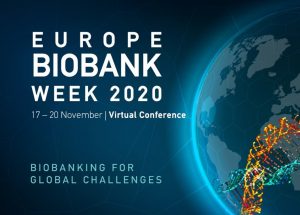
Europe Biobank Week (EBW) 2020 will take place between 17-20 November and will fully run digitally! The programme includes a mix of live sessions, e-Poster sessions, industry workshops and on-demand sessions. The ‘Animal Cells and Gametes: Next Generation Biodiversity Resources for Research and Conservation’ on-demand session presents novel and challenging cell cryobiology for non-human species, complementing, learning from and informing equivalent areas in the clinical sectors, and will be of great interest to EBW2020 conference delegates from all areas and biobanking disciplines.
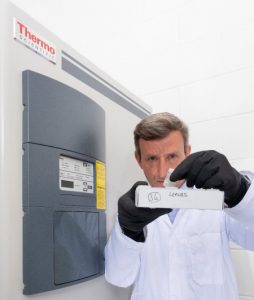
The Natural Sciences Collections Association (NatSCA) is a UK-based membership organisation and charity. It promotes and supports natural science collections, the institutions that house them, and the people that work with them, in order to improve collections care, understanding, accessibility and enjoyment for all. In its latest blog post, NatSCA features CryoArks and highlights how our biobank is now ready to help museums improve and maintain their frozen collections.
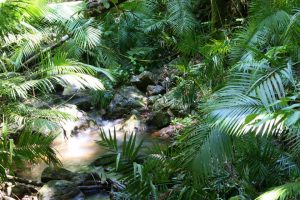
On 23rd June at 14:00, Katie Bird (Senior Enforcement Officer for Access and Benefits Sharing) will host a seminar providing the background to The Nagoya Protocol on Access and Benefit-Sharing (ABS) supplements the Convention on Biological Diversity’s third objective on the fair and equitable sharing of benefits arising from the utilisation (research and development) of genetic resources (plants, animals, microbes and other).
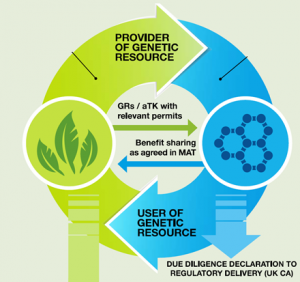
Katie Bird (BEIS) tells us how to ensure that the research we do and collections we hold comply UK legal requirements of the Nagoya Protocol on Access and Benefits sharing.
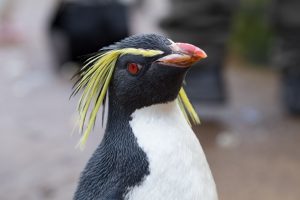
The northern rockhopper penguins at Edinburgh Zoo are hugely popular with visitors, engaging and inspiring children and adults alike on a daily basis. This species is one of seven types of crested penguin which together form the Eudyptes genus, which means ’good diver’ in Ancient Greek. Read more about how samples available through CryoArks are helping to better understand this charismatic species.
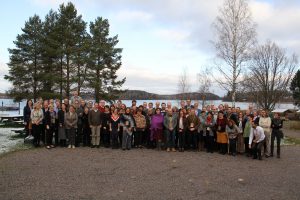
Sílvia Pérez-Espona attended two GenRes Bridge (Genetic resources for a food-secure and forested Europe) workshops as representative of IUCN’s CGSG and the CryoArks project. GenRes Bridge is an EU-funded project with the main objective to develop an integrated strategy and a framework for the crop, forest and animal genetic resources domains. The two back-to-back workshops took place in Tuusala (Finland) between 28th-31st of October 2019 and were organised by project partners from Luke and NIBIO.
Artwork and branding by Pretty Sciences.
